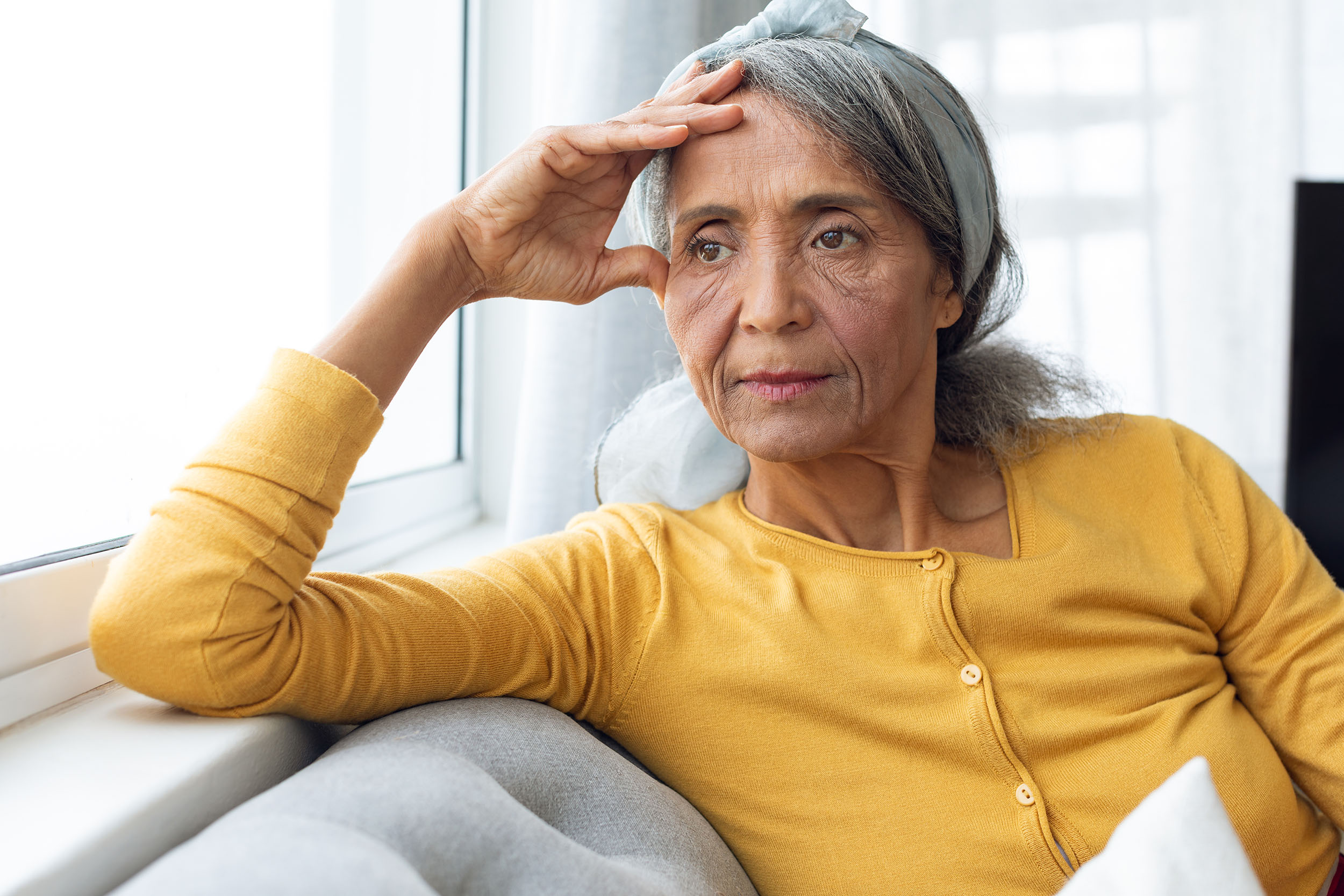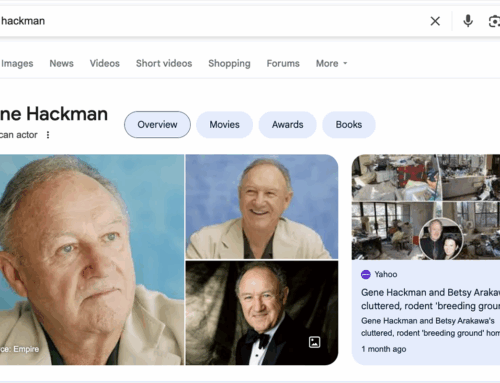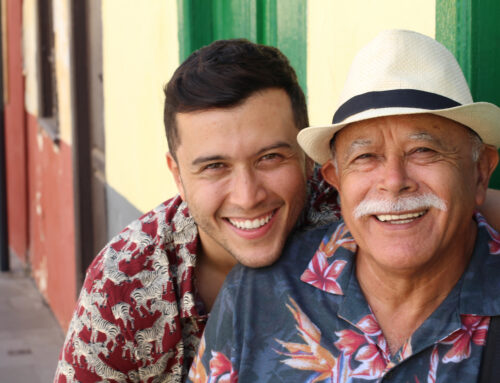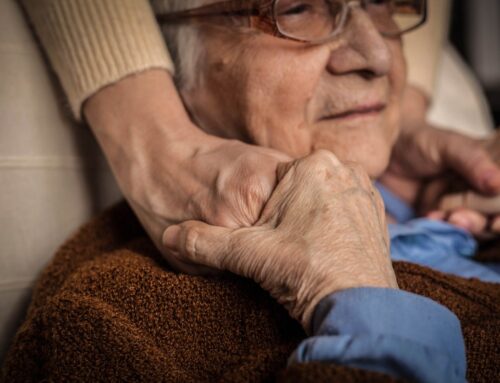Hospice improves quality of life through expert pain and symptom control, emotional support and spiritual needs. Hospice is a resource to both the patient and the family. Hospice eases caregiver stress and uncertainty while empowering you with choices on how to live with a life-limiting illness for the time that remains. According to the Mayo Clinic, enrolling in hospice care early helps people live better and live longer. Yet, with all the benefits hospice provides, it is often chosen too late, or not at all.
Roze Room is dedicating the weeks leading up to National Hospice and Palliative Care Month in November to help educate about the importance of hospice care. This blog is dedicated to debunking the myths that often lead to too-late acceptance of care.
COMMON HOSPICE MYTHS
You Will Lose Your Physician. A common myth is that, when you elect hospice care, you will lose your primary care physician. In reality, your primary care physician remains a vital part of your care and your care planning. Though the Roze Room team includes physicians expertly trained in end-of-life care, your physician becomes part of our care team. Roze Room also provides an extra layer of support through our team of nurses, chaplains, volunteers, and social workers.
You Can’t Change Your Mind – No Turning Back. Hospice always remains a choice. Hospice patients always have the right to return to medical care that focuses on curing their disease at any time, and for any reason. In fact, patients are often discharged from hospice care because their conditions improve, or they go into remission.
Hospice is Expensive. Medicare, most insurance plans, HMOs, and managed care plans cover the costs of hospice care. In fact, even medications and medical equipment related to the illness are covered by the Medicare Hospice Benefit.
Hospice Hastens Death. The goal of hospice is neither to hasten death nor extend life, but rather, to maximize patients’ quality of life. However, the expert care that hospice brings, and the extra layer of support have been shown to extend life. Research shows that the lives of some patients might actually be extended through the use of hospice care.
Hospice is Where People Go to Die. Though hospice is care designed for patients with life-limiting illnesses, it is not where they go to die. It is compassionate care provided by a team of professionals, each trained to help patients live more fully, completely, and without pain for whatever time remains. Hospice is provided wherever the patient feels the most comfortable. This is usually at home, but can also be wherever the patient resides—a nursing facility, an assisted living home, or retirement community.
Hospice Means You’re Giving Up. Hospice does not mean surrendering life or giving up hope. It simply means prioritizing the patient’s wishes and comfort during the last months of their life. It focuses on maximizing quality of life and enabling the patient to live as fully as possible. Shifting your hope does not mean giving up.
Hospice is Only for the Last Weeks or Days of Life. We often hear from patients and families that they wished they had started hospice sooner. And even though this is a common sentiment, hospice is often started too late for families to benefit from its full breadth of care and support. It is important to realize that hospice is not just for the last days of life. In fact, hospice works best when chosen early, allowing you and your family to benefit from the extra layer of care hospice brings. A study by The Journal of the American Geriatrics Society found that waiting too long to use hospice care can actually worsen suffering at the end of life. In general, hospice care should be used when a person is expected to live about 6 months or fewer if the illness runs its usual course.
It’s Your Physician’s Responsibility to Bring up Hospice. Many people don’t realize that they can ask for hospice care instead of waiting until their physicians recommend it. Roze Room can help you determine when hospice would be most beneficial for you and your family.
Families Cannot Continue to Care for Their Loved Ones. Family caregivers are an integral part of the circle of care. Family caregivers still provide much of the day-to-day care for their loved ones with the support of the Roze Room team. In addition, a patient’s family is involved in ensuring that the patient’s wishes and hopes for end-of-life care are carried out. One of the major benefits of hospice care is its support of family caregivers. Roze Room provides an extra layer of support for daily needs like bathing, grooming, changing beds and light meal preparation. Roze Room also helps educate family caregivers to help them feel more comfortable and confident in their caregiving duties.
HOW WE CAN HELP
The decision to elect hospice care can be a difficult one. But it’s important to understand the truth about hospice care and not delay this highly supportive care because of myths. Hospice greatly improves quality of life and reduces the burdens of serious illness. Caring for a loved one with a serious illness can feel overwhelming. You may feel like illness is impacting every aspect of life for both you and your family. But you do not have to face this alone. We are here to provide relief, support, answers, and more comforting days. Learn how we can help.





